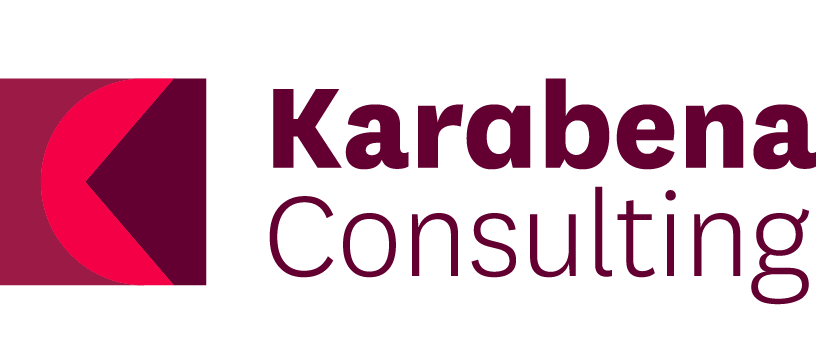Public Sharing of Intersectional Data
NSW Bureau of Crime Statistics and Research (BOCSAR)
Who funded the project
In response to Recommendation 69 of the Family is Culture Review, the NSW Department of Communities and Justice (DCJ) and BOCSAR developed the Linked Data Asset (LinDA). This is an internal DCJ client centred database that links records from social housing, homelessness, child protection, out-of-home care (OOHC), and justice. The data can be used to highlight opportunities for cross-sectional policy responses, inform targeted service delivery and build analytical models that identify client risk.
Karabena Consulting was engaged by BOCSAR to undertake consultations with Aboriginal stakeholders ascertaining if there is support for sharing the data publicly. This is in-line with the NSW Government’s commitment to Indigenous data sovereignty and governance under Priority Reform 4 of the National Agreement on Closing the Gap.
Through the consultations, Karabena sought to understand whether, and how, LinDA data should be shared externally.
To achieve the project objectives, Karabena conducted interviews and focus groups with representatives from:
DCJ Aboriginal Executive Group
DCJ Aboriginal Officer Group
Aboriginal Affairs NSW
NSW Coalition of Aboriginal Regional Alliances
Family is Culture Advocacy Working Group (Jumbunna Institute; AbSec; ALS NSW/ACT; Justice and Equity Centre)
ALS NSW/ACT
Just Reinvest
A survey was also distributed to a broader network of Aboriginal organisations and advocacy groups.
Karabena invited all consultees to participate in data validation sessions, wherein preliminary findings and recommendations were tested and refined.
Based on the consultation findings and data validation feedback, Karabena developed a consultation report which outlined the main themes, findings, recommendations, and suggested implementation plan. This plan aims to provide a staged process for ethical and empowering data sharing with Aboriginal organisations and communities that align with the principles of Indigenous data sovereignty and governance.
Summary
The consultations sought to understand:
Whether Aboriginal stakeholders support external access to LinDA data,
What type of data should be made available,
How the data should be shared, presented, interpreted, and applied,
What governance mechanisms are required to ensure that data sharing empowers Aboriginal communities.
Project Aims
To achieve the objectives of the project Karabena employed the following methodological approaches:
Warm introductions by DCJ and BOCSAR staff to key Aboriginal stakeholders,
Use of semi-structured, open-ended question guides,
Qualitative survey-based questionnaire,
Thematic analysis to identify key findings, themes, and recommendations,
Data validation sessions with consultation participants to test and refine preliminary findings.
These methods ensured the integrity of the consultation process, while also affording participants oversight over consultation data throughout the life of the project.
Methodologies
Outputs
The core output of this project was a detailed consultation report outlining key findings relating to:
Whether the data should be shared,
What type of data should be shared,
How the data should be shared,
How the data should be presented.
The report also included key recommendations and a suggested implementation plan.
Karabena also presented these findings, recommendations, and implementation plan to DCJ’s Executive Group and other key DCJ representatives.
The outcomes of this project support a staged release of LinDA data that upholds the principles of self-determination, and Indigenous data sovereignty and governance.
It is anticipated that sharing DCJ’s linked client data with Aboriginal organisations and communities will:
Strengthen capacity for evidence-based planning and service delivery,
Support place-based early intervention and prevention strategies to divert contact with statutory systems,
Provide evidence for funding applications and service evaluations,
Support local advocacy efforts,
Expose systemic failures and hold government agencies accountable,
Promote truth-telling and contribute to broader social and structural reform, including Treaty processes,
Advance Priority Reform 4 commitments under the National Agreement on Closing the Gap.
Project Outcomes
#BOCSAR #DCJ #NSWGovernment #intersectionaldata #IndigenousDataSovereignty #IndigenousDataGovernance #SelfDetermination #ClosingTheGap #CommunityLedSolutions #Justice #OutOfHomeCare
